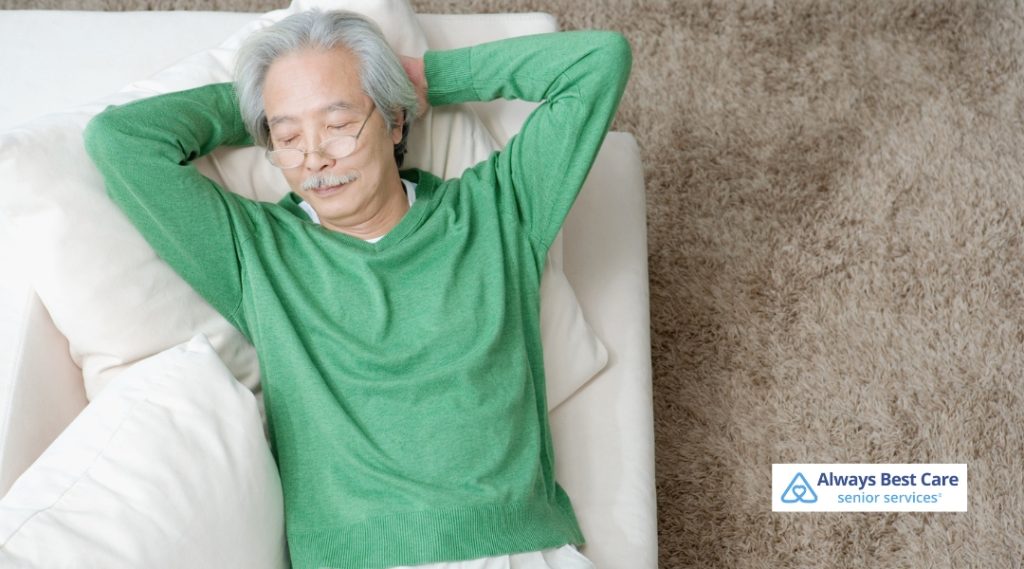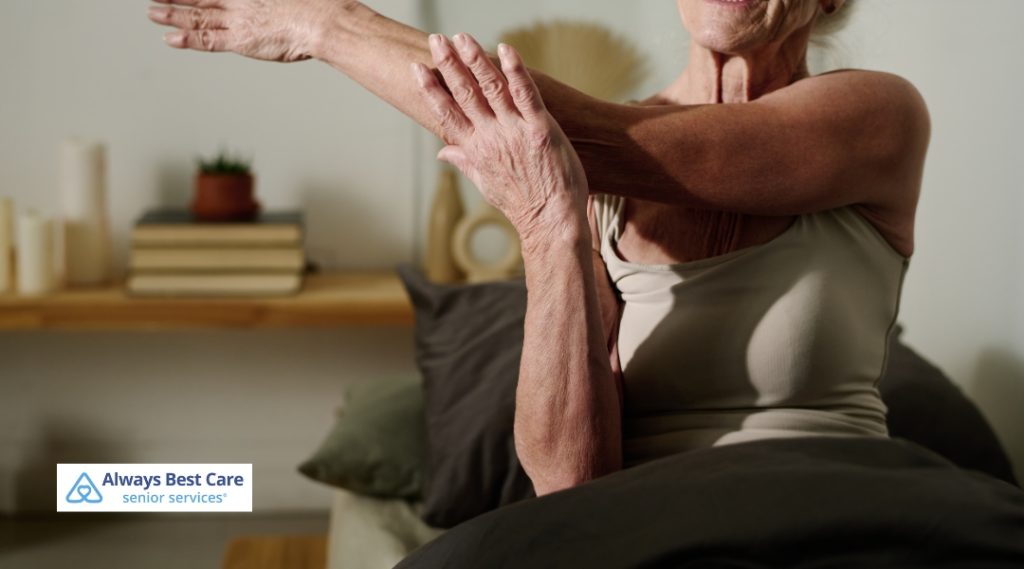The Rest You Deserve: Senior-Focused Solutions for Sleep Trouble in San Antonio, TX

In the vibrant heart of San Antonio, many seniors find themselves facing an unexpected challenge: a good night’s sleep. As we age, changes in our bodies, health conditions, and even daily routines can quietly disrupt the rest we once took for granted. For seniors, these sleepless nights can lead to fatigue, irritability, and even greater health risks.
But restful sleep isn’t out of reach—it just takes the right approach. Whether you’re struggling to fall asleep, waking frequently during the night, or feeling tired no matter how long you sleep, there are senior-focused solutions that can help.
Table of Contents
Understanding Sleep Challenges in the Aging Community
Seniors often find themselves waking up earlier, struggling to fall asleep, or experiencing more fragmented rest than they once did.
One major factor is the natural shift in our internal body clock, also known as the circadian rhythm. With age, this rhythm becomes less responsive, which can lead to earlier sleep and wake times and difficulty staying asleep through the night.
Common health conditions like arthritis, diabetes, or sleep apnea can cause discomfort or frequent awakenings.
Beyond physical causes, emotional stressors such as loneliness, anxiety, or grief can weigh heavily on the mind and make it harder to relax at night.

Establishing a Consistent Sleep Routine
One of the most effective ways to improve sleep is by following a regular schedule. Our bodies thrive on rhythm, and going to bed and waking up at the same time every day helps reinforce the body’s natural sleep-wake cycle.
Start by choosing a bedtime and wake-up time that feel natural and maintain them—even on weekends. Avoid long naps during the day, which can interfere with nighttime sleep. A consistent routine not only makes it easier to fall asleep but also helps you feel more alert and refreshed during the day.
Bedtime Rituals That Calm the Body and Mind
Winding down is just as important as the time you go to bed. A relaxing bedtime routine signals to the brain that it’s time to rest. Calming activities like reading a favorite book, listening to soothing music, or practicing deep breathing can help release the tension of the day and quiet a busy mind.
For some seniors, a warm bath, gentle stretching, or guided meditation can be especially helpful in easing physical and mental stress before bed. The key is consistency—when practiced regularly, these rituals prepare the body for sleep and make bedtime something to look forward to.

Creating a Sleep-Friendly Environment at Home
Your sleep environment plays a crucial role in how well you rest. A quiet, cool, and dark bedroom encourages deeper, more uninterrupted sleep. Simple changes can make a big difference: blackout curtains block outside light, white noise machines mask distracting sounds, and comfortable bedding supports restful positioning.
Limit screen time at least an hour before bed, as the blue light from phones and TVs can interfere with melatonin production. Keeping the bedroom free of clutter and used only for sleep can also help your brain associate the space with rest.
Smart Eating and Drinking Habits Before Bed
What you eat and drink in the hours before bedtime can significantly affect how well you sleep. Caffeine and alcohol—common culprits—can both disrupt your ability to fall and stay asleep. Likewise, heavy, spicy, or rich meals too close to bedtime can cause indigestion or discomfort during the night.
Instead, opt for a light, healthy snack if you’re a bit hungry before bed—something like a banana, yogurt, or a small bowl of oatmeal. Stay hydrated, but avoid drinking too many fluids late in the evening to reduce nighttime bathroom trips. These small changes can make a big difference in how easily you drift off and how refreshed you feel in the morning.

The Link Between Physical Activity and Restful Nights
Staying active during the day does more than just improve strength and mobility—it plays a vital role in promoting better sleep. Regular physical activity helps regulate energy levels, reduce daytime sleepiness, and naturally encourages deeper, more restorative rest at night.
Gentle exercises like walking, swimming, or light stretching can improve circulation, ease muscle tension, and relieve stress. For seniors, the key is consistency and timing—engaging in physical activity earlier in the day is best, as exercising too close to bedtime can be stimulating. Even a short daily walk can help reset the body’s internal clock and lead to more peaceful nights.
Managing Stress and Unwinding at the End of the Day
Worries and mental tension don’t always fade with the sunset—in fact, many seniors find that anxious thoughts become louder in the quiet of the evening. That’s why finding ways to unwind before bed is essential to improving sleep quality.
Simple relaxation practices can calm both the body and mind. Deep breathing exercises, gentle yoga, listening to calming music, or soaking in a warm bath can help release tension and promote a sense of peace. Journaling before bed or practicing gratitude can also ease emotional stress and shift focus away from worries.

When Medications Might Be the Problem
Many seniors take medications to manage chronic health conditions, but some of these prescriptions may interfere with sleep. Stimulants, diuretics, or medications that cause drowsiness during the day can disrupt your body’s natural sleep cycle. Even over-the-counter remedies, like certain cold medicines or pain relievers, can contain hidden sleep disruptors.
If falling asleep or staying asleep has become a regular challenge, it may be time to review your medications with a doctor. A healthcare provider can help identify drugs that may be contributing to insomnia and suggest alternatives that support better rest. Never stop or change medications on your own—instead, talk openly with your care team to find safer solutions.
How In-Home Care Helps Seniors Sleep Soundly
In-home caregivers offer peace of mind by being present to assist with evening routines, medication reminders, and gentle companionship before bed. Their support helps create a calm, predictable environment that promotes relaxation and security.
Whether it’s helping with a warm bath, reading a favorite book, adjusting pillows for comfort, or simply offering a kind word, caregivers bring a personalized touch to nighttime care. They also help ensure consistent daily structure—an important factor in regulating the body’s sleep-wake cycle.
With help from Always Best Care, seniors can experience more restful nights and more energized, confident days, knowing someone they trust is there to help them sleep soundly.

Consider the Benefits of In-Home Care in San Antonio!
At Always Best Care of San Antonio, we understand the challenges that come with aging, including sleep difficulties. Our compassionate caregivers can help establish a calming nighttime routine, assist with daily activities, and provide companionship to reduce stress and promote relaxation.
If you or a loved one is struggling with insomnia and needs extra support, we are here to help. Contact Always Best Care of San Antonio at (210) 772-2277 to schedule a care consultation and learn how our in-home care services can improve your quality of life. A restful night’s sleep is just a call away.





